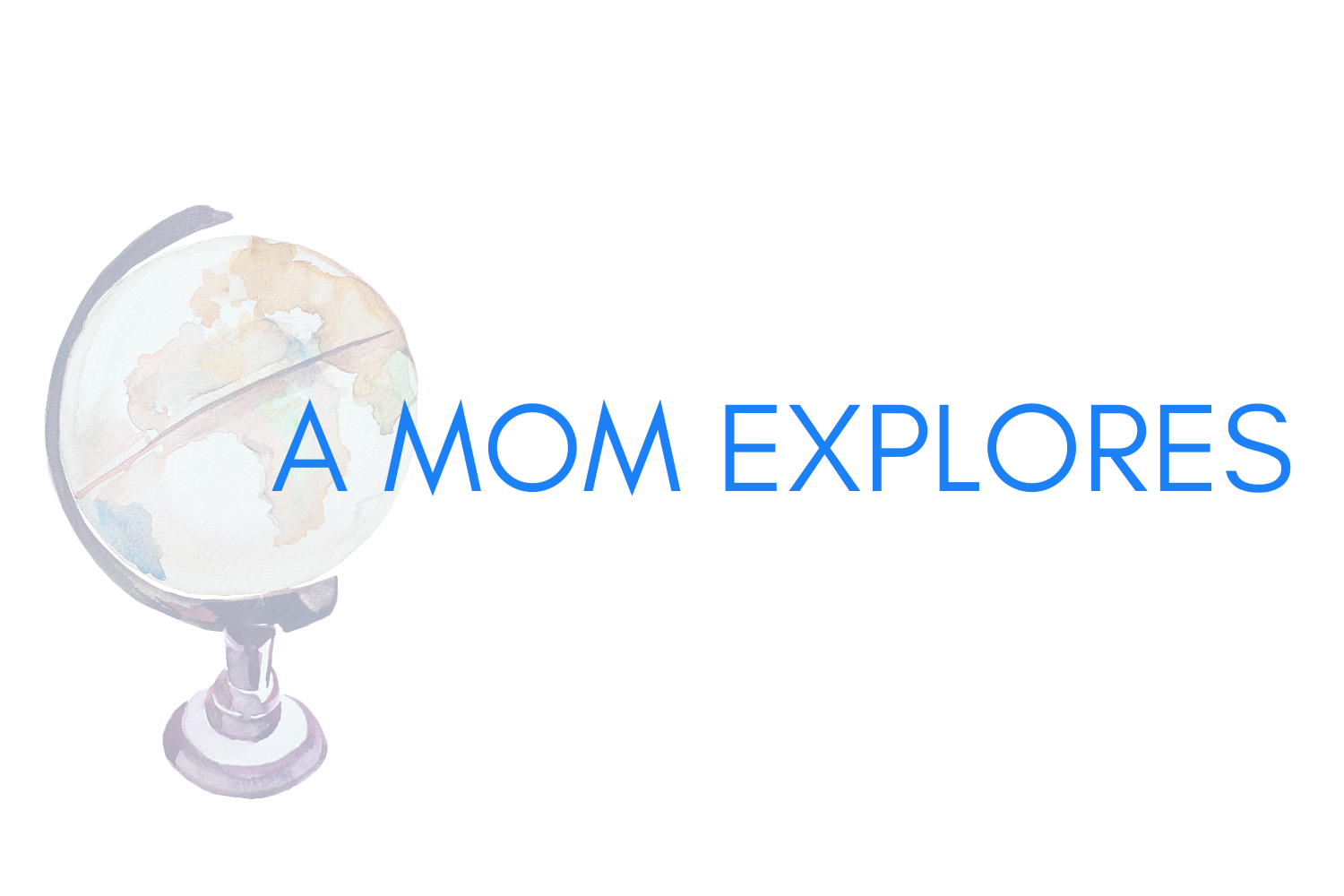baby linguistics
Pippa is 9 months - almost 10. By this time in her young life, she is losing the innate ability to recognize phonemes (basic units of language) from every language on earth. Her brain is now specializing in phonemes from her native language, English. I don't stress about much as a parent, but I sometimes have mini panic attacks that I'm not speaking enough Spanish to Pippa for her to recognize Spanish phonemes as well.
Turns out I needn't have worried.
I recently borrowed two books from the library - Nurture Shock by Po Bronson and Ashley Merryman, and How Babies Talk by Roberta Michnick Golinkoff, Ph.D. and Kathy Hirsch-Pasek, Ph.D. Both contain studies and information about language development in infants and toddlers. One specific study from Nurture Shock blew my mind. Paticia Kuhl did a study where American babies were exposed to native Mandarin speakers for 20 minutes three times a week - and were just as good at recognizing Mandarin phonemes as native-born Chinese infants! (p.202) This is fascinating and game changing information, especially for a non-native speaker like myself who is trying to raise a bilingual baby. Of course, as she gets older, it will be important that she hears a lot of Spanish input from me, but it's a relief to know I didn't ruin my chances because I accidentally or lazily used English half the time.
Now, before I get into this next section, I want to offer a disclaimer. I know that all babies develop at their own rate. I am in no rush for Pippa to hit milestones early. She'll get there when she's ready. And I know it is so important for babies to have time to play and babble independently. I won't be hovering over her and narrating her entire life. However, the following research-based applications from both of these books will make for a fun experiment in language learning with my baby!
1. Try motionese - teaching a new word to baby by moving the object and repeating the word in a sing-song voice.
2. Allow baby to hear new words from multiple sources.
3. Respond with a word or loving touch when baby produces canonical syllables (the combination of a consonant and vowel). This will encourage her that her sounds have meaning to her parents, and will be motivated to produce more.
4. Follow baby's gaze or point and label the object for her. But don't intrude or try to guess what her babbles mean - you could be labeling the wrong object for her! Simply follow baby's lead.
5. If you're hoping for a bilingual child, don't turn to baby DVDs. Babies need to see lips moving to figure out when one word ends and another begins.
And don't worry if your baby seems a little behind in language development - “‘The only thing typical about typical language development was variability.’ ...According to Tamis-LeMonda, this is especially true for toddlers who spoke late, but still understood a lot of words early,” (Nurture Shock). Sometimes this is because children are shy or don’t quite have the motor control yet.
So relax, enjoy your baby, and have fun teaching some new words!

